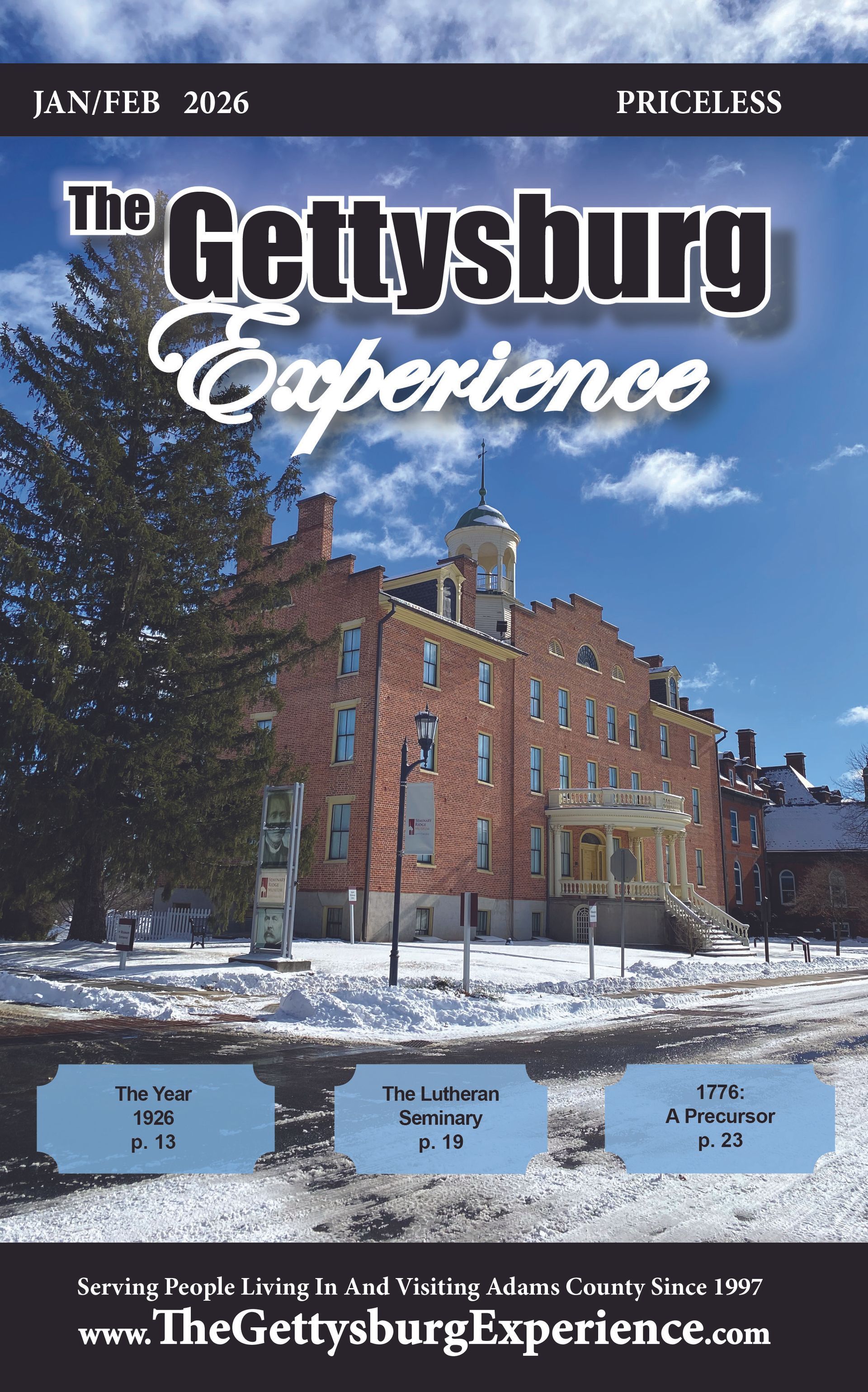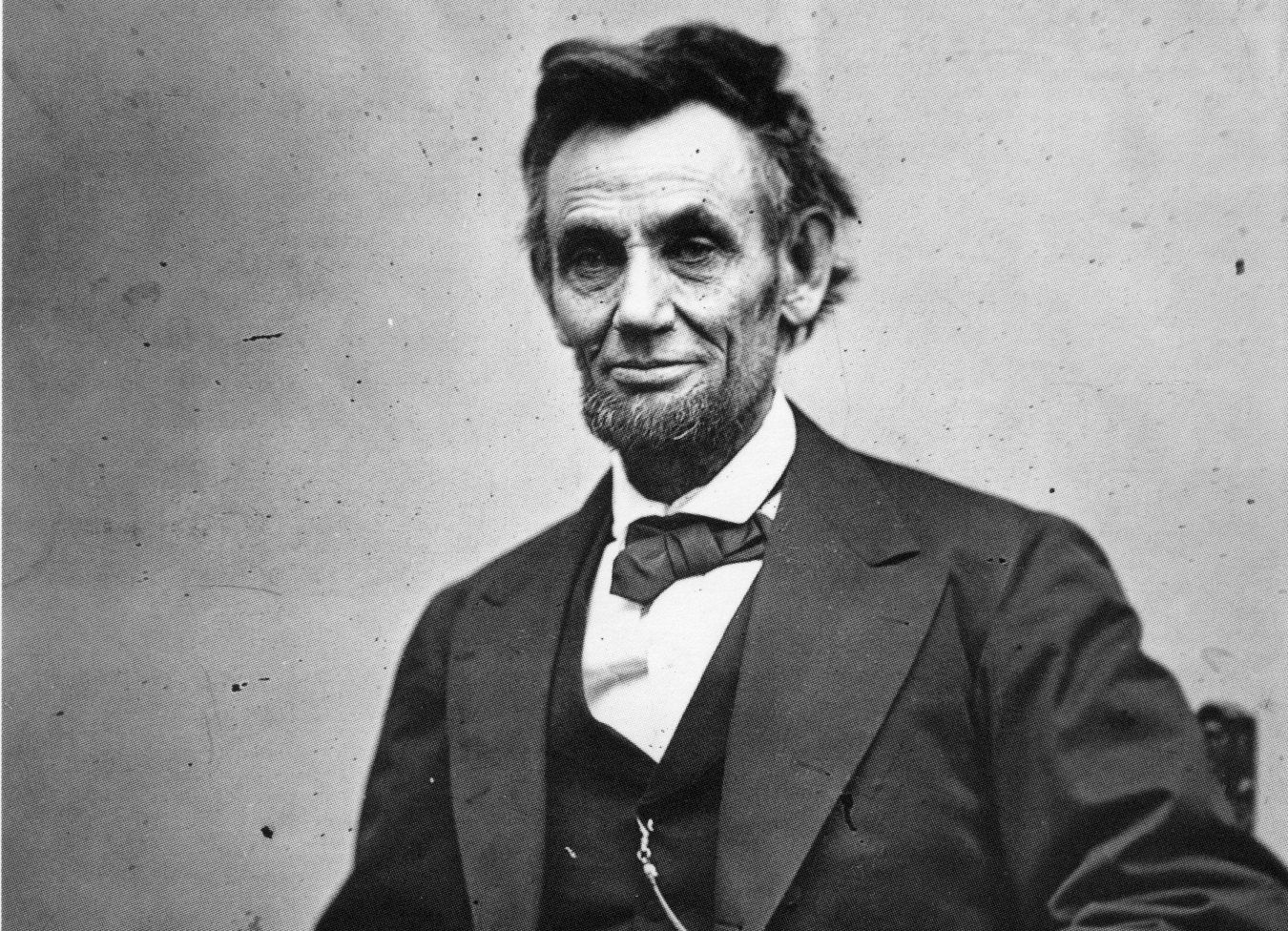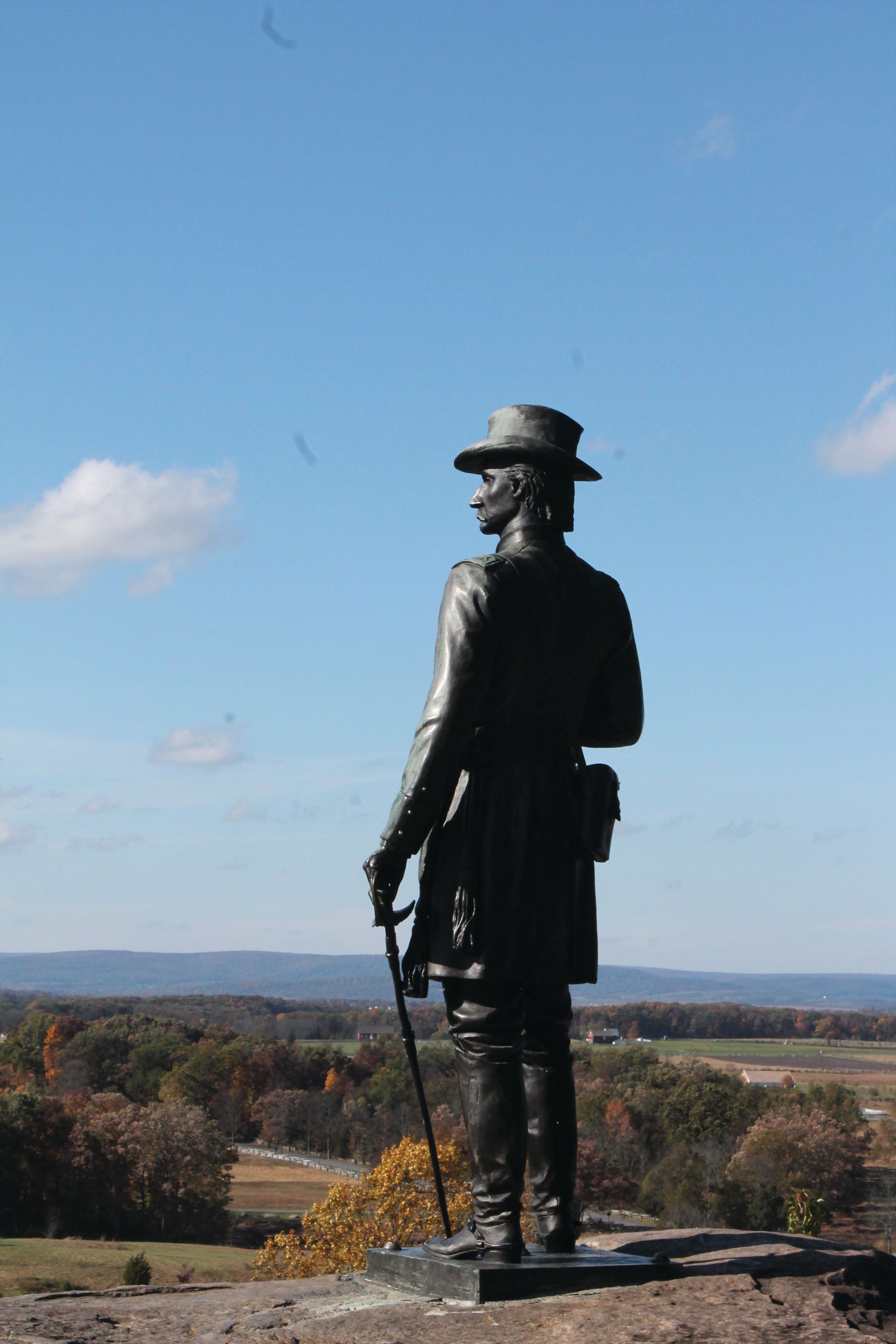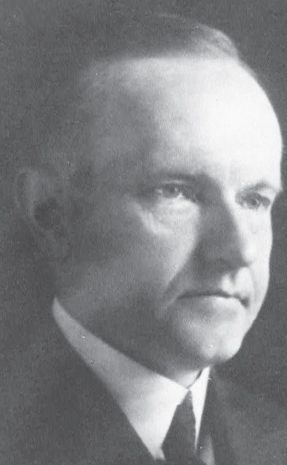This Month's Headlines:
Editor's Letter
A new year has dawned in historic Gettysburg. To welcome the year 2026, at The Gettysburg Experience we offer our newest issue to help you pass through the winter days of January and February: including our updated Calendar of Events, delicious winter-time recipes, and articles of historical interest.
Since New Year’s Day 1863 was one of our nation’s most significant first days of the year, we offer Remembering the Great Emancipator, beginning on page 15. A biographical glimpse at one of Gettysburg’s great generals is chronicled in General G.K. Warren: His Finest Hour, beginning on page 23. A look at what life was like a century ago is offered in The Year 1925, beginning on page 31. Read More >
Remembering the Great Emancipator
In the latter part of September, 1862, President Abraham Lincoln announced a promise to issue a proclamation to free the slaves in the South. Called Proclamation 95, the document, an Executive Order, is also known to history as The Emancipation Proclamation. In the five-page document, preserved in the National Archives, the 16th President avers that “all persons held as slaves within any state or designated part of a State, the people whereof shall be in rebellion against the United States, shall be, then, thenceforward, and forever free.”1
>Read More
General G.K. Warren: His Finest Hour
The late afternoon of July 2, 1863 was hot, made worse by the crushing humanity in woolen uniforms, wearing blue and gray. Scanning the Emmitsburg Road, about a half-mile to the front of the Union deployment at Gettysburg, a slight but stalwart officer wearing the blue noticed a phalanx of Federal troops far to the front. They were the Union Third Corps, and the general knew they weren’t supposed to be there. Deciding to check the entire Union line, the officer was aghast to find that Little Round Top, the anchor to the Union left flank, was devoid of fighting troops. >Read More
A century ago, the year 1925 began on a Thursday, and it was an impressive year.
The vestiges of World War I and the deadly pandemic of the Spanish influenza had dissipated, and the people of the United States and the world wanted to look ahead.
Calvin Coolidge, who had taken over the Presidency since the sudden death of Warren Harding in 1923, was handily reelected in 1924. His Vice-President, Charles G. Dawes, was the son of Civil War veteran and Gettysburg combatant Rufus Dawes. The two men worked to bring financial security to the nation after the debt incurred from the recent war. Vice President Dawes received the Nobel Peace Prize in 1925, in fact, for his aid in helping Germany to manage the daunting reparations they incurred from the Treaty of Versailles after World War I.1 Read More >
Editor's Corner: February Face
Most of us make New Year’s resolutions, only to break them most of the time. Hopefully, this year we can make progress with healthier food consumption, more patience with those irksome drivers we always seem to be around, and ramp up our exercise.
I have a suggestion for another resolution: We could implement better speech practices.
The Books
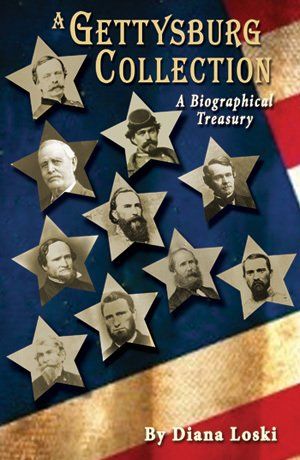
A Gettysburg Collection,
A Biographical Treasury
By Diana Loski
Diana Loski is the editor of The Gettysburg Experience magazine. For the Civil War enthusiasts, for the visitor passing through, or for the long-time Gettysburg resident, this book will capture the essence of this unique and wonderful, and sometimes tragic, place known to the world as the Borough of Gettysburg.
$12.00 plus $4.50 S&H
Books are available for purchase
by calling
717-359-0776.
About Us

The Gettysburg Experience magazine, a publication exploring the Gettysburg of yesterday and today. We offer an array of interesting articles – most of which have a direct relation to historic Gettysburg from the Colonial era through the turn of the 21st century, often with an emphasis on the famous battle that occurred in the summer of 1863.
The Gettysburg Experience also offers a comprehensive Events Calendar (for those who want to know what special happenings to attend when they visit – any time of the year), delicious recipes, Gettysburg trivia, profiles of people and area businesses.
Having served the Gettysburg area since 1997, The Gettysburg Experience extends our magazine to a wider circulation of readers, offering a glimpse into one of America’s most fascinating towns.
Our Latest Issue
